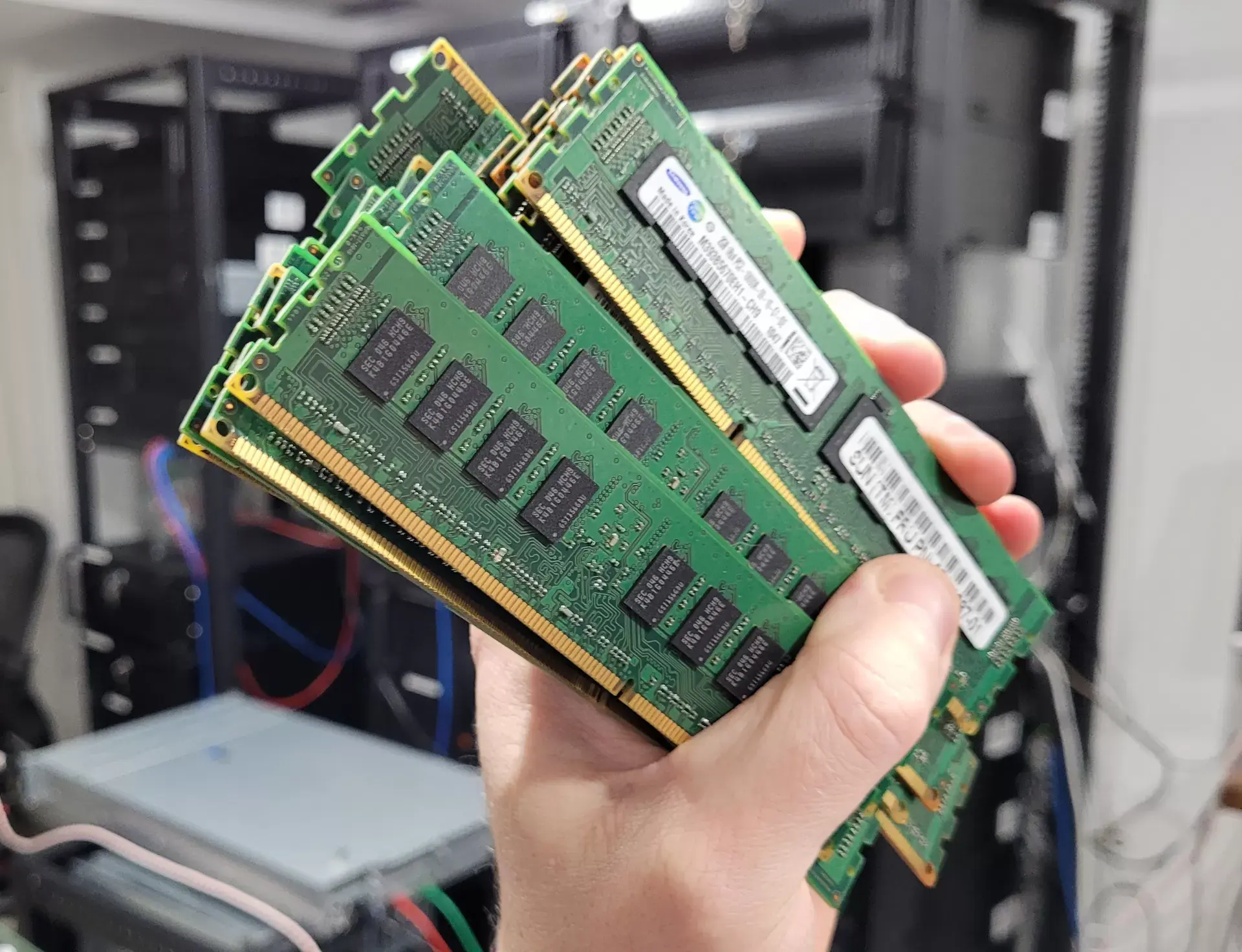As part of the memory management changes expected to be merged for the upcoming Linux 6.11 cycle is allowing more fine-tuned control over the swappiness setting used to determine how aggressively pages are swapped out of physical system memory and into the on-disk swap space.
With the new code from Meta, a swappiness argument is supported for memory.reclaim. This effectively allows more finer-grained control over the swapiness behavior without overriding the global swappiness setting.



Neat, but I’d really like it to just handle memory properly without me having to tweak swap and OOM settings at all. Windows and Mac can do it. Why can’t Linux? I have 32GB of RAM and some more zswap and it still regularly runs out of RAM and hard resets. Meanwhile my 16GB Windows machine from 2012 literally never has problems.
I wonder why there’s such a big difference. I guess Windows doesn’t have over-commit which probably helps apps like browsers know when to kick tabs out of memory (the biggest offender on Linux for me is having lots of tabs open in Firefox), and Windows doesn’t ignore the existence of GUIs like Linux does so maybe it makes better decisions about which processes to move to swap… but it feels like there must be something more?
Other parts of your Linux OS can now interact with these tools without you having to do it manually.